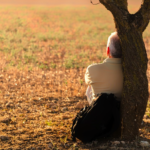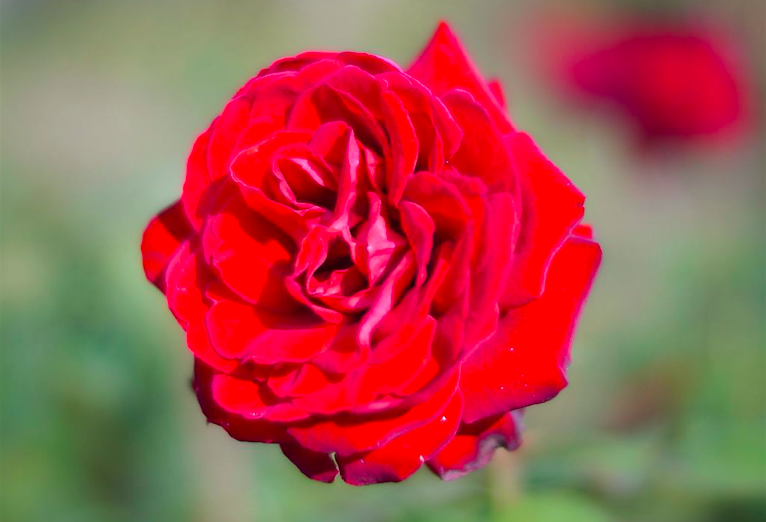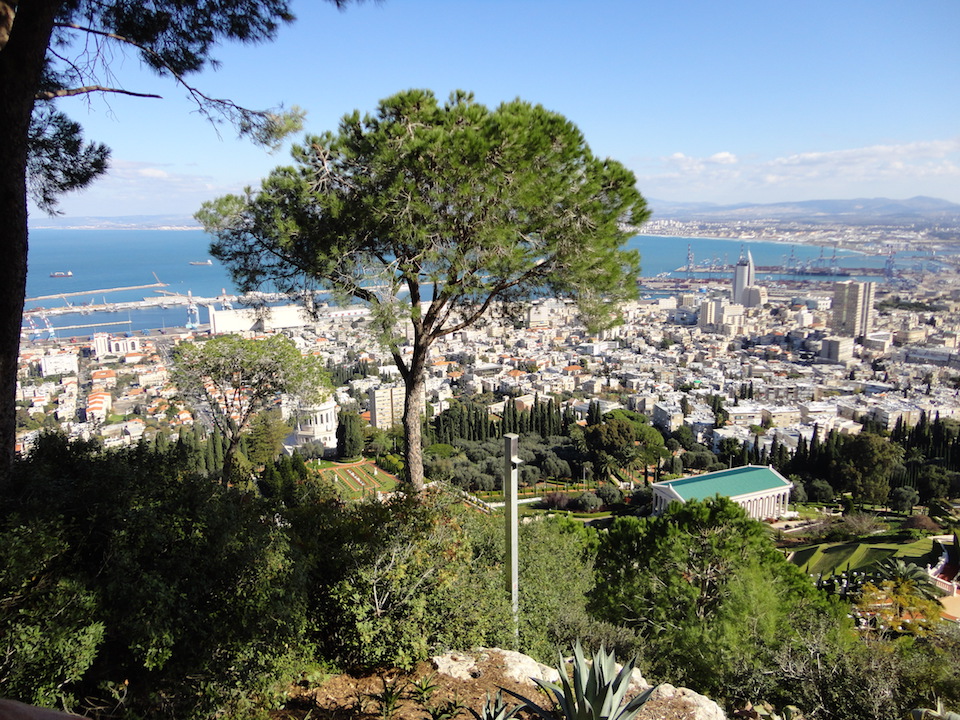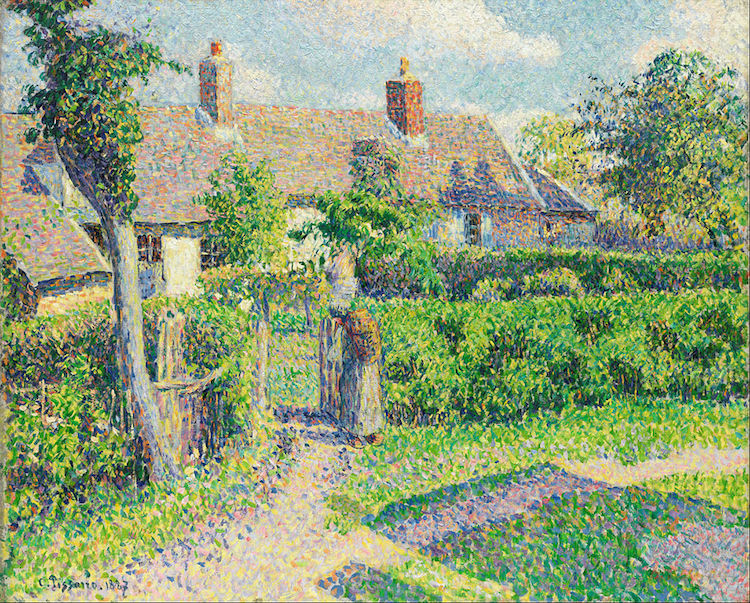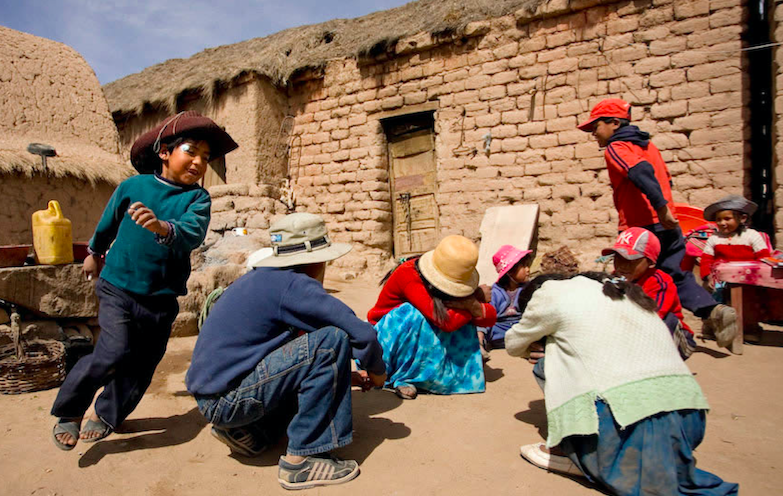
Human Nature: What Does It Mean to Be Human?

What does it mean to be human? We rarely think about it. Yet implicitly and explicitly our actions are based on assumptions or beliefs about human nature.
Are human beings essentially selfish? Are we essentially material beings – animals with enhanced intelligence? Are we defined primarily by our material characteristics, such as our nationality or our gender or age? What, for example, are models of human nature embedded in our legal system?
How does society implicitly and explicitly define us? The language we speak, our cultural context, the day to day behaviours we engage in – all are profoundly influenced by ideas about human nature. In an age of media saturation we are constantly invited to accept implicit messages about what it means to be human. For example, that human worth can be measured by material wealth, or that human fulfilment is found in the consumption of goods or services or that human success is measured by competitions of innumerable kinds.
The concept of human nature that emerges from Bahá’u’lláh’s writings is quite different to that which we frequently encounter.
With the hands of power I made thee and with the fingers of strength I created thee; and within thee have I placed the essence of My light.[1]
I have breathed within thee a breath of My own Spirit, that thou mayest be My lover. Why hast thou forsaken Me and sought a beloved other than Me?[2]
Such observations point to a spiritual understanding of what it means to be human: that we are far from merely material.
Moreover, many of Bahá’u’lláh’s writings are based on an essentially noble model of humanity.
Noble I made thee, wherewith dost thou abase thyself?[3]
Thou art even as a finely tempered sword concealed in the darkness of its sheath and its value hidden from the artificer’s knowledge. Wherefore come forth from the sheath of self and desire that thy worth may be made resplendent and manifest unto all the world.[4]
The models of worthy human life that flow from such concepts of human nature challenge ideas of “status” and “worth” and of “success” that often influence human relations.
O peoples of the world! Forsake all evil, hold fast that which is good. Strive to be shining examples unto all mankind, and true reminders of the virtues of God amidst men…. Be united in counsel, be one in thought. Let each morn be better than its eve and each morrow richer than its yesterday. Man’s merit lieth in service and virtue and not in the pageantry of wealth and riches. Take heed that your words be purged from idle fancies and worldly desires and your deeds be cleansed from craftiness and suspicion. Dissipate not the wealth of your precious lives in the pursuit of evil and corrupt affection, nor let your endeavors be spent in promoting your personal interest. Be generous in your days of plenty, and be patient in the hour of loss. Adversity is followed by success and rejoicings follow woe. Guard against idleness and sloth, and cling unto that which profiteth mankind, whether young or old, whether high or low. Beware lest ye sow tares of dissension among men or plant thorns of doubt in pure and radiant hearts.
… Commit not that which defileth the limpid stream of love or destroyeth the sweet fragrance of friendship. By the righteousness of the Lord! Ye were created to show love one to another and not perversity and rancor. Take pride not in love for yourselves but in love for your fellow-creatures. Glory not in love for your country, but in love for all mankind. Let your eye be chaste, your hand faithful, your tongue truthful and your heart enlightened.[5]
‘Abdu’l-Bahá, Bahá’u’lláh’s eldest son, put it this way:
And the honor and distinction of the individual consist in this, that he among all the world’s multitudes should become a source of social good. Is any larger bounty conceivable than this, that an individual, looking within himself, should find that by the confirming grace of God he has become the cause of peace and well-being, of happiness and advantage to his fellow men?[6]
What then, does it mean to be human?
Image Credits: A children’s class in Machacamarca, Bolivia. (Copyright © Bahá’í International Community http://media.bahai.org/detail/0101628)
This article is the 9th in a series of what I hope will become 200 articles in 200 days for the 200th anniversary of the birth of Bahá’u’lláh. The anniversary is being celebrated around the world on 21 and 22 October 2017. The articles are simply my personal reflections on Bahá’u’lláh’s life and work. Any inadequacies or inaccuracies in these articles are solely my responsibility.



